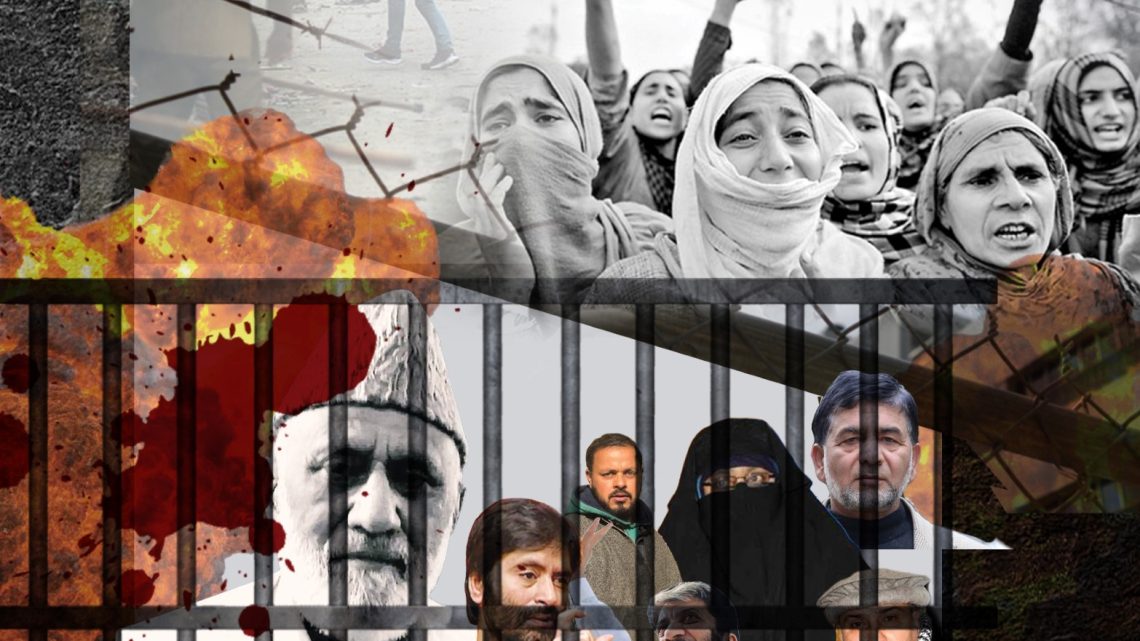
BJP-Judiciary Nexus: Alleged Violations of UNSC Resolutions in Indian Jurisprudence
December 11, 2023The Indian Judiciary, in recent times, has faced accusations of displaying explicit support for the ruling BJP government, raising concerns about the impartiality of its verdicts and their alignment with legal frameworks. This article delves into the perceived intertwining of the BJP and the judiciary, exploring instances that critics argue showcase a bias in favor of the ruling party.
The Indian Judiciary has allegedly showcased a pronounced pro-BJP stance in recent verdicts, leading to questions regarding the legal legitimacy of its decisions. Today’s Supreme Court verdict on the abrogation of Article 370 and 35A, four years after their execution, hints at a perceived effort by the BJP to secure judicial validation for its actions in the politically sensitive region of IIOJK.
Critics argue that the BJP, having legislated and executed actions pertaining to Article 370 and 35A, now seeks to solidify its stance through the judiciary. This move is seen by some as an attempt to fulfill the BJP’s election manifesto promises regarding the absorption and abrogation of IIOJK. Moreover, there’s speculation that the BJP may leverage the validation of Article 370 and 35A as part of its election strategy for the upcoming state elections in Nov-Dec 2023 and the Lok Sabha Elections in May 2024.
The removal of activists Shehla Rashid Shora and bureaucrat Shah Faesal from the list of petitioners challenging the abrogation of Article 370 already raised questions about the influence of the Indian government on the judiciary. The move by the Supreme Court has led to speculation about potential government pressure impacting the legal proceedings.
Critics point to the alleged hijacking of the legal system by the Rashtriya Swayamsevak Sangh (RSS), the ideological parent organization of the BJP, suggesting a well-orchestrated propaganda effort. The controversial Babri verdict, where all the accused were acquitted, exemplifies this perceived interference. Additionally, the Supreme Court’s refusal to grant an interim stay on the Citizenship Amendment Act in January 2020, amidst nationwide protests and incidents linked to the act, has been highlighted as another instance of an allegedly biased judiciary.
Controversial decisions on issues such as the Hijab row, Yasin Malik’s trial, and the role of the Supreme Court in the Gujarat massacre, the Sabarmati Express tragedy, and now Article 370 Abrogation Case further fuel concerns about the nexus between the BJP and the judiciary.
To conclude, the alleged BJP-judiciary nexus raises critical questions about the independence and impartiality of the Indian judicial system. As these concerns persist, the need for a transparent and unbiased legal framework becomes increasingly vital to uphold the principles of justice and the rule of law in the country.

